Big data in healthcare is at the forefront of modern medical initiatives to tackle disease spread and improve patient outcomes.
For the past decade, reactive medical research and passive healthcare delivery have evolved into preventative disease control driven by technological advancements. Chronic disease management is the fastest growing and most expensive problem for healthcare systems around the world. Luckily, medical and pharmaceutical companies now have at their disposal countless technological resources to help them draw undisputable conclusions that push chronic disease management forward. Moreover, on a global scale, these technologies have assisted in research and care delivery during the pandemic. They can also help gather data that could aid in forecasting and preventing future epidemic outbreaks. This data has been increasing in volume, velocity, and variety and has become what we refer to as Big Data.
Big Data in healthcare is the driving force behind the current initiatives that medical organizations have taken towards disease monitoring, controlling, and eradication. In like manner, Big Data collected from patients has enabled medical researchers and scientists to modify disease patterns, from cancer to AIDS, to try and find better treatments and even cures. However, Big Data’s volume keeps expanding, generating 2.5 quintillion bytes of data per day and a forecasted whooping 463 exabytes by 2025. Naturally, the medical and pharma industries can only keep up with the deluge of data by using analytical tools to harness and interpret it. Hence, the importance of machine-based technologies and Big Data Analytics (BDA). The medical conclusions and insights collected from Big Data Analytics merged with modern technologies and devices are laying the groundwork for the future of disease control.
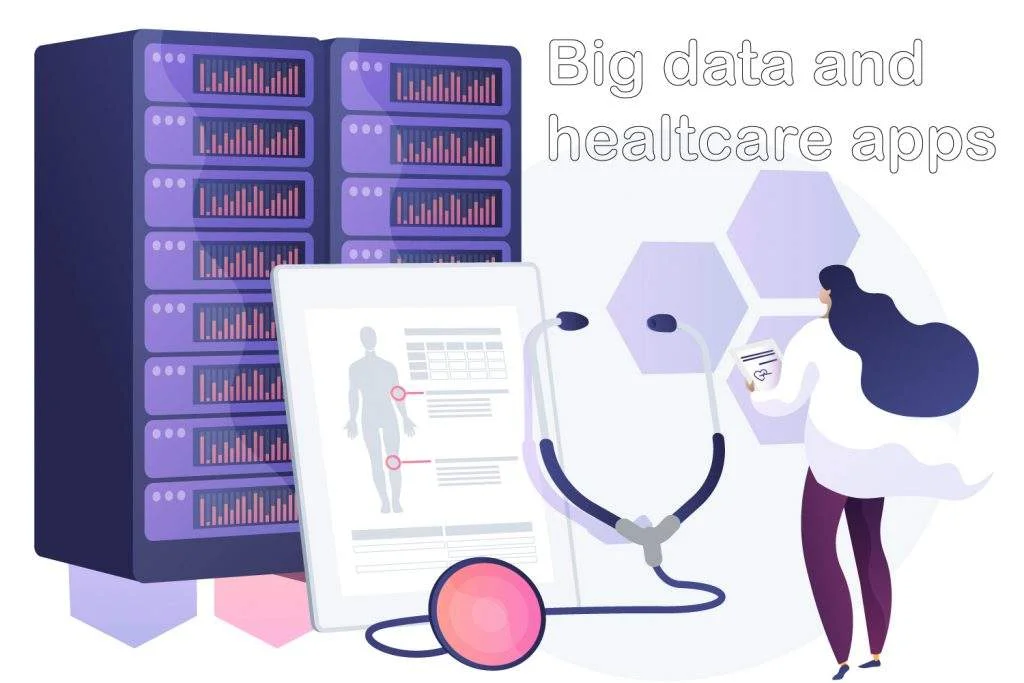
Why is Big Data so Important for Healthcare?
Public health and disease management are among the fastest-growing concerns for nations worldwide. The WHO documented that in 2020, chronic diseases were responsible for 73% of deaths and accounted for 60% of the global healthcare burden. These figures are grim, yet pharmaceutical companies and healthcare providers have not stood idly while we get wiped out. Thanks to Big Data and technological tools like AI and ML, the healthcare industry has made enormous advances in treating, managing and curing common chronic conditions.
Big Data in healthcare is gathered en masse from electronic health records (EHR), biological samples, biometric data, Internet of Things (IoT) devices, social media, mobile apps, and data generated for medical research in the healthcare context. These datasets and their interpretation solve global-scale problems such as epidemic control, disease prevention, and public health issues. They also help with local organizational matters, such as enriching drug research, symptom monitoring, or reducing hospital workloads. Moreover, the application of BDA in healthcare, coupled with AI-powered algorithms, could also lead to revolutionary discoveries like the cure for AIDS or the identification of genetic markers of chronic diseases like diabetes. The benefits these discoveries could bring for humankind are astronomical and range from eliminating lifelong costs for diseased patients to freeing-up hospital space and relieving medical workload.
In a nutshell, the convergence between medical organizations, hospitals, and pharma facilities with BDA techniques and technologies will bolster a dramatic shift in the current disease control paradigm. Additionally, healthcare app inclusion into the medical system will prompt its participants to dig further into the potential of the datasets produced every day by smartphones, wearable devices, EHR, patient-generated data, and medical devices.
Here are a few of the many ways Big Data Analytics powered by modern mobile technologies and AI can improve disease management.
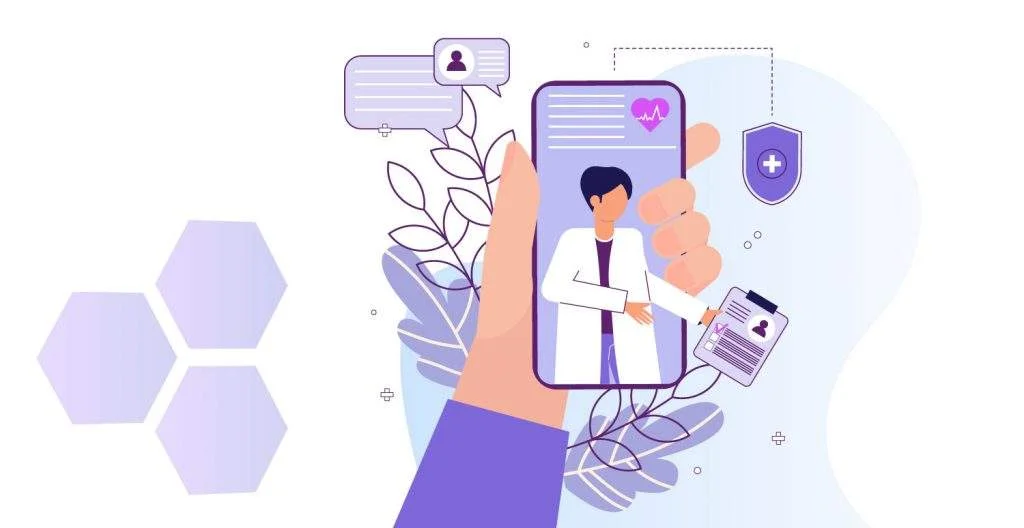
Big Data Enriches Medical Research
Big Data in healthcare comes from biological (biobanks), biometric (medical tests), and electronic health data (apps, IoT) sources. These datasets have helped scientists forget pre-Big Data serendipity and understand, predict, and prevent countless pathologies. Even more valuable are the four billion smartphone users that ask questions about their health, access mobile healthcare platforms, and provide Big Data daily. These mobile technologies have facilitated health monitoring and enriched medical research by giving significant data volumes. Moreover, they have put infodemiology at the researchers’ disposal, which they can use to track disease progression.
Thanks to Big Data providing information about what constitutes a disease, medical researchers can now build models around disease patterns. Additionally, an ever-growing number of doctors report conditions to international databases, creating a collaborative network of information that provides regular updates on various illnesses. For instance, genome sequencing is a Big Data treasure trove that helps scientists identify cancer’s genetic biomarkers. The Big Data collected from gene mapping has helped pinpoint cancer markers, understand the disease, and prepare for it. The digitization of medical records allows their scanning for cancer symptoms, prompting early treatment and increasing life expectancy. As a result, BDA has helped generate predictive models that could allow the genetic issues leading to cancer to be corrected.
BDAs’ potential for disease identification puts it in the spotlight as a fountainhead of discoveries. Researchers are conducting large-scale studies leveraged by Big Data to identify drug efficiency and risk factors, which traditional epidemiologic studies could not do. Similarly, coupling medical Big Data with that from mobile apps can help develop new knowledge to understand human sickness better and, hopefully, eradicate it one day. In the meantime, it can pave the way for better decision-making, improve the new approaches to medicine, and increase the timeliness of public health policies.
Big Data Analytics Enable Better Disease Surveillance
Big Data enriches medical research on another front: disease surveillance. Systems for tracking diseases have always been the pillars of disease control. Big Data streams for disease surveillance usually come from clinical and epidemiological data collected in medical institutions. Nevertheless, in recent years, Big Data from search engines, healthcare apps, social media, and other crowdsourced data has become extremely useful. Big Data from these sources provides real-time monitoring with minimal cost. For instance, a spike in online searches could point scientists to a possible disease outbreak in a specific area. It could also help them monitor an illness by providing tracking data about its movement across countries. Lastly, it could hasten the search for efficient treatment by decreasing the time between the illness’s onset and its spread.
However, the approach is a little trickier for chronic diseases because they don’t turn into spontaneous outbreaks. Chronic disease surveillance is a continuous influx of Big Data. Datasets from pharma research, gene mapping, and biobanks contribute to engrossing the data needed for disease surveillance. Additionally, mobile technologies like healthcare apps, telehealth services, EHR, and social media can also provide valuable data. App developers have chipped in by creating mobile products that can help identify, calculate, and diagnose conditions and treatments.
BDA relies on ML algorithms to predict chronic disease outcomes. For instance, one study used deep learning algorithms to identify Tuberculosis markers from chest X-rays. BDA applications such as this can help doctors design personalized medicine and save time with diagnoses. These efforts can help medical institutions intervene before patients’ conditions deteriorate, saving more lives and reducing medical care costs. Moreover, when we consider that chronic disease is the leading cause of death in the US, producing $3.5 trillion in annual health costs, we understand Big Data’s importance for improving future outcomes.
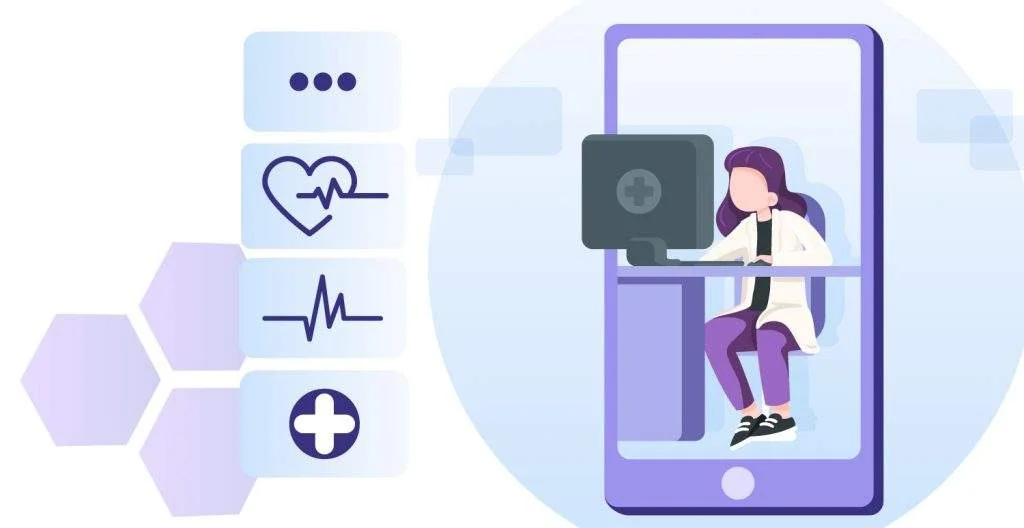
Future Medication for Current Diseases
BDA techniques for tracking have paved the way for advances in therapy and drug research. The AI-based algorithms created from clinical and mobile healthcare data can assist scientists with drug and treatment modeling. These predictive models suggest possible dosage amounts, treatment plans, and drug interactions based on the data from mobile and clinical sources. Pharmaceutical research benefits from mobile healthcare because the data gathered from those tools astonishing. Furthermore, and thanks to genome mapping, these algorithms can study an individual’s genetic structure and suggest medications that may target the mutation causing the illness. The possibility of studying these mutations to develop disease-specific drugs will eventually open the gate to targeting and finally killing chronic diseases.
A great example of this is IBM Watson, an AI tool that helps researchers translate Big Data into insights to develop better medical care approaches. In a recent oncology experiment, IBM Watson gave treatment recommendations with a 99% accuracy for cancer patients. Moreover, IBM Watson collaborated with Quest Diagnostics to identify secondary leukemia caused by myelodysplastic syndromes in Japanese patients.
BDA algorithms applied in drug research also help identify and predict adverse reactions and drug toxicity. Scientists used to require large amounts of drug testing before producing relevant conclusions on drug behaviors and patterns. Luckily, modern Big Data sources are spawning structured databases that allow medical personnel to model pharmacological treatments without conducting trials from scratch. BDA algorithms are also helping to generate personalized therapies, such as CRISPR, that are the driving force behind future pharmacological approaches.
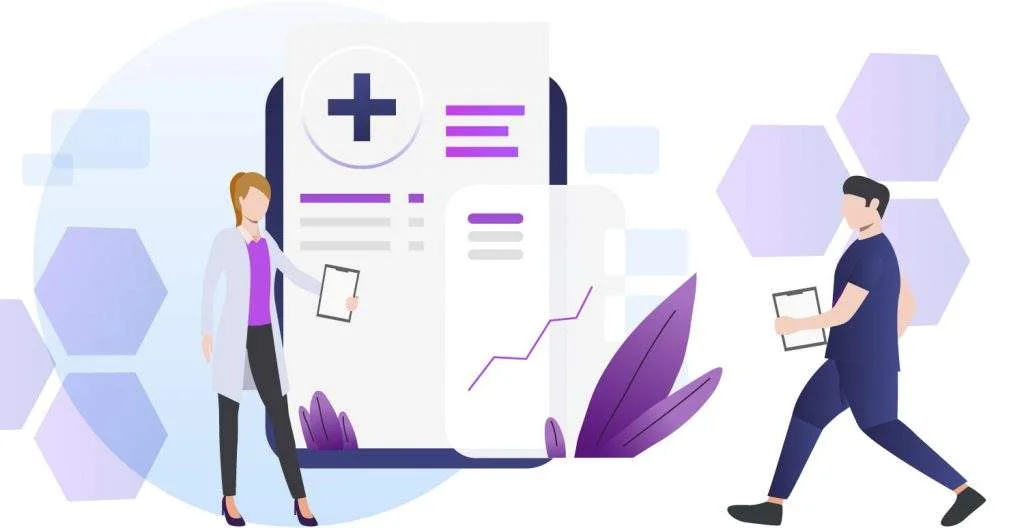
Big Data As a Prevention Tool
As stated above, one of the main advantages of Big Data mining is creating predictive models to monitor and identify disease behaviors. These models have pushed the medical field toward disease prevention instead of a passive cure-focused approach to medicine. Consequently, medical researchers have established genetic connections that would have been impossible with traditional investigative methods.
Big Data collections from biobanks and the demographic and social information gathered from healthcare apps are increasingly studied to identify the risks of developing chronic disease. Additionally, EHR and data from healthcare apps and wearables have helped pinpoint pre-existing factors to certain conditions. Physicians can promptly spot these risk factors and tackle patients’ health issues sooner, giving them more efficient personalized care before the illness becomes chronic, and hopefully, cure it.
In a more current context, with BDA machine learning algorithms, modern scientists have been able to detect, monitor, and predict COVID-19 outbreaks in specific areas by analyzing app data, social media usage, and search engine queries. Furthermore, BDA has helped health entities map high-risk areas, put policies in place, and use socioeconomic data to develop predictive models for future epidemics.
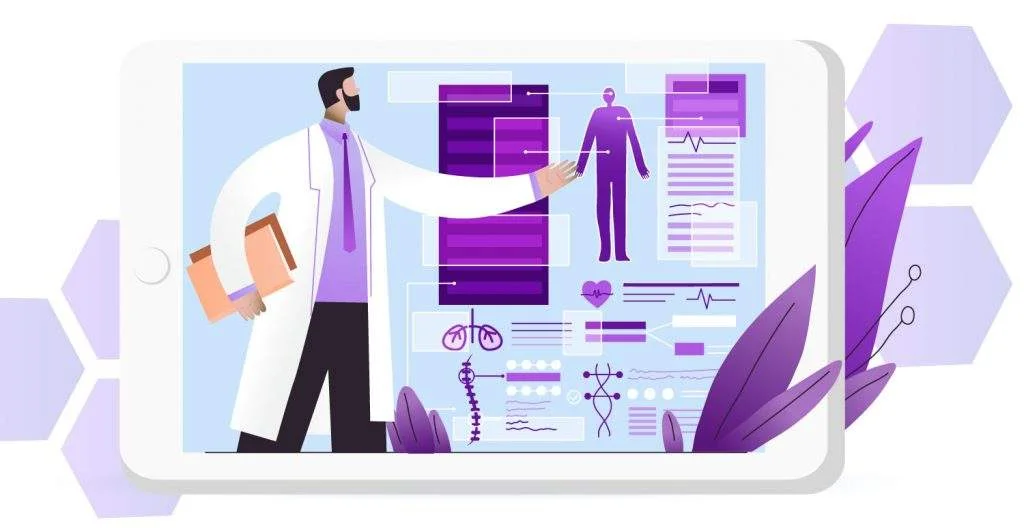
Challenges and Prospects
Despite BDA adoptions in most medical research areas, there are still numerous concerns regarding patient data privacy and ethics. On the one hand, healthcare data, especially from apps and EHR, is sensitive; therefore, it is carefully regulated and protected. Most data coming from these sources is not anonymous, so patient information is at risk of leakage. Moreover, data confidentiality and safety regulations can hinder said data from being efficiently shared between stakeholders.
The development of secure healthcare apps and secure data sharing channels are currently in place; nevertheless, all medical research players need to adapt their processes to ensure patient data protection. Hopefully, as BDA usage progresses, all stakeholders will collaborate and adjust their systems’ performance to comply and enforce data privacy when relevant.
On the other hand, modern healthcare institutions are not networked and connected enough to allow efficient data sharing processes. Often, physicians store patient data in different storage devices and even paper files. If Big Data’s future is to be as bright as we want it to be, these datasets must be merged and consolidated in hospitals and labs worldwide. Accordingly, Big Data mining needs to be leveraged by all healthcare stakeholders so that databases are always nurtured and information is diverse enough to allow for disease monitoring, tracking, and curing.
Final Thoughts
When coupled with mobile technologies such as healthcare apps, the benefits that Big Data brings to the entire medical ecosystem will further propel our way into a disease-free world. ON this front, Big data has proven enormously beneficial for medical systems worldwide. Not only can we use BDA to reduce the ever-growing costs of medical care, but through better decision-making, physicians can create the tools to cure chronic diseases, prevent future outbreaks, and predict health outcomes. Furthermore, thanks to Big Data, treatment models and drug research outcomes have evolved into predictive models that minimize adverse drug reactions, interactions, and unavailability. Through AI algorithms, Big Data has leveraged preventative measures which are ultimately saving lives.
Feel free to contact us if you have any questions, ideas or if you need assistance with developing your mobile product!
You may also like 5 Big Data Applications To Mitigate The Pandemic
